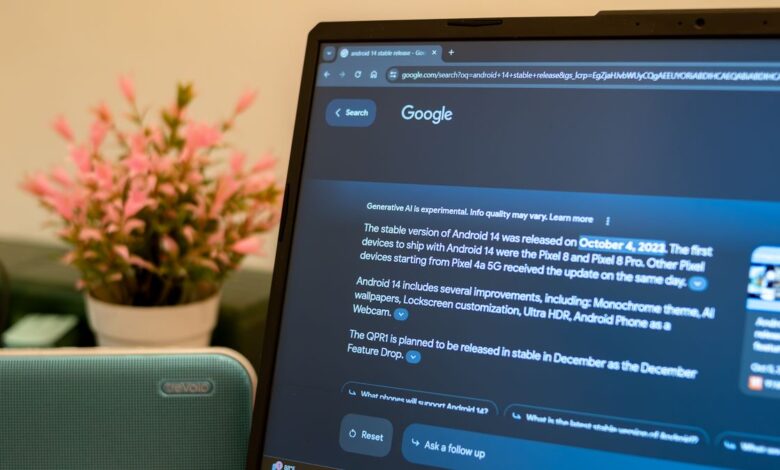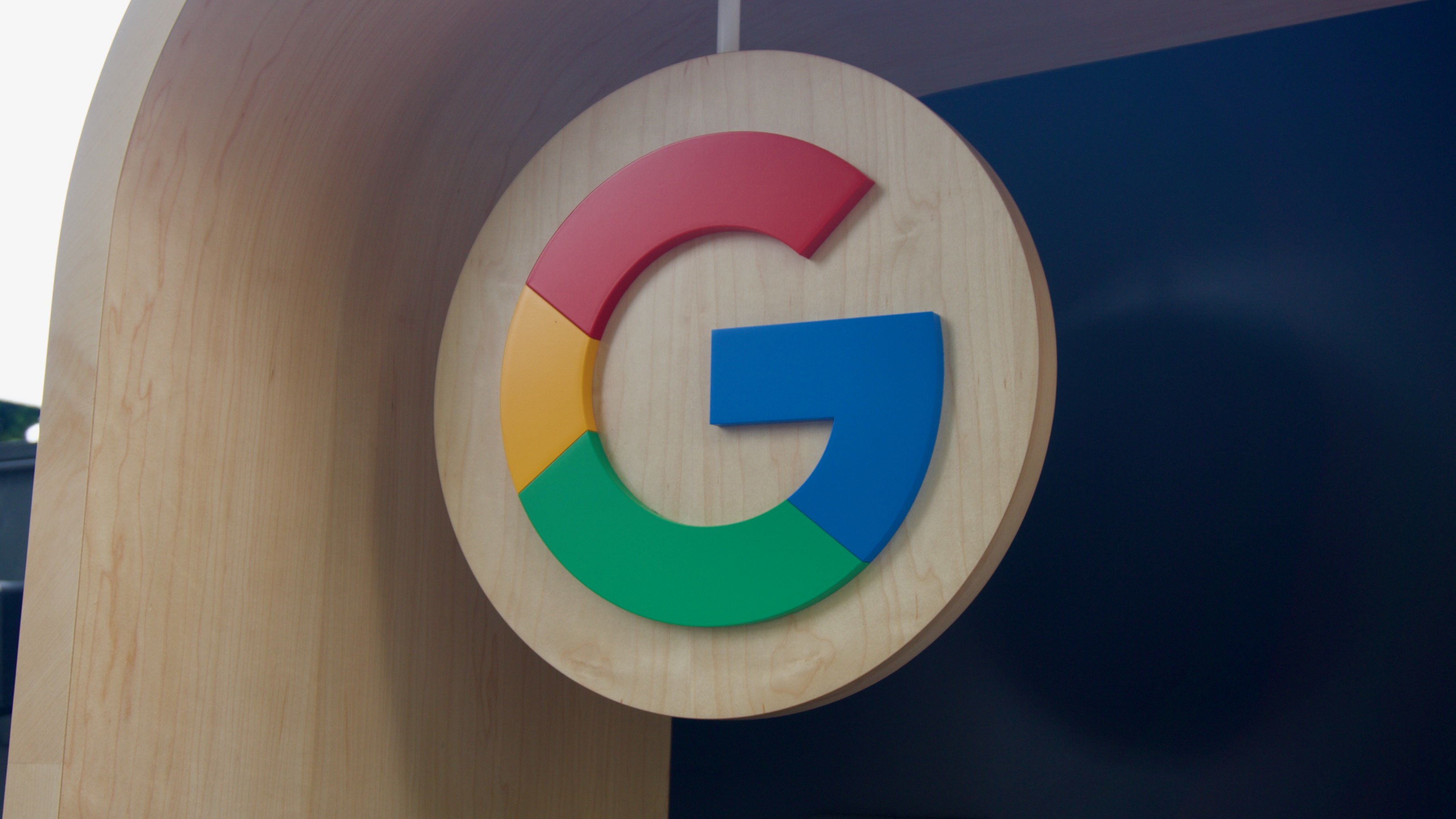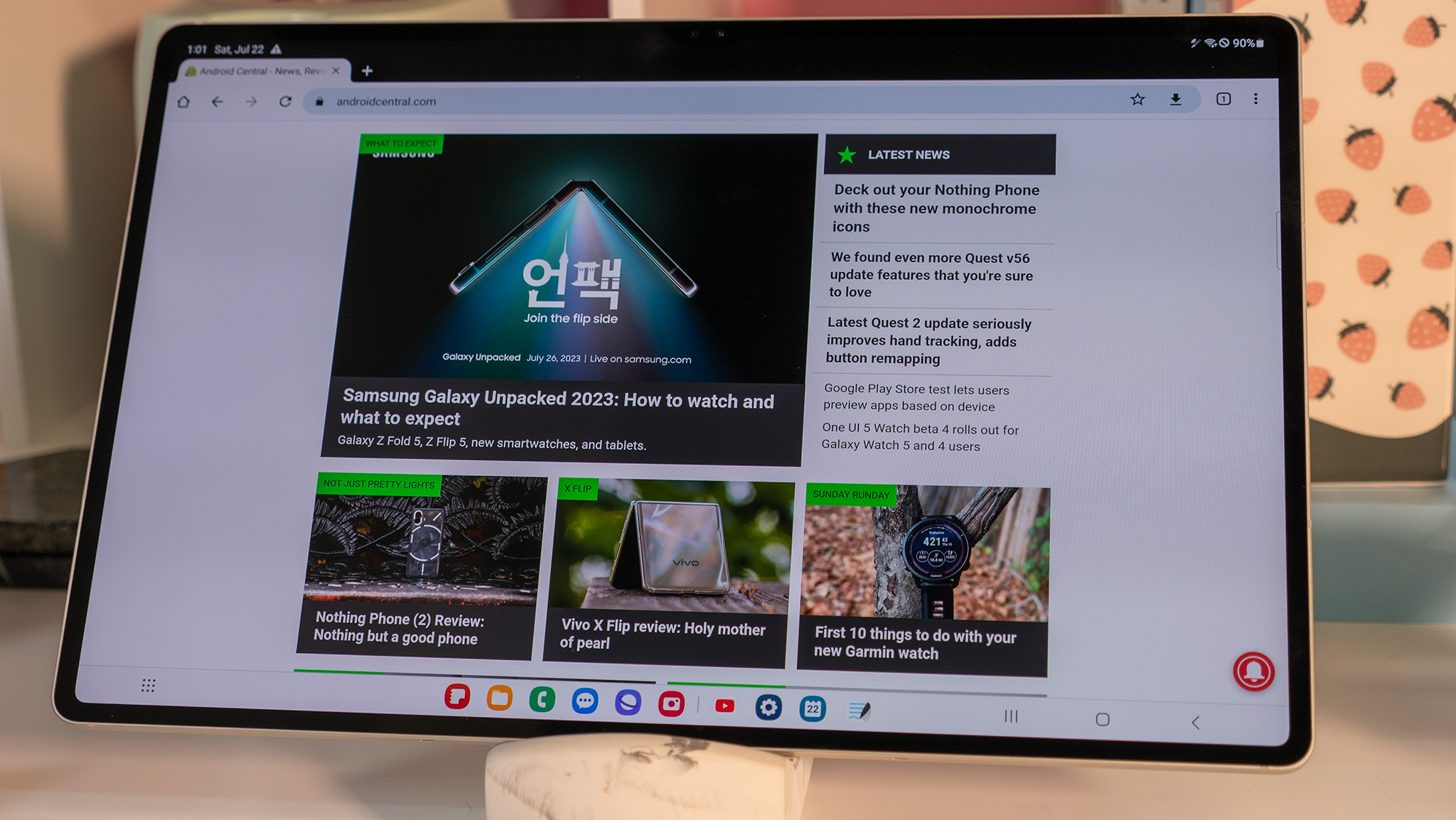Google’s AI overviews in search might kill publishing, and it’s going to backfire eventually

What you need to know
- Google is rolling out AI overviews in Google Search, also known as Search Generative Experience, to all U.S. users.
- AI overviews replace “featured snippets” in many cases, summarizing web pages, sometimes without linking to the sites they summarize.
- Google’s plan to cut publishers out of Search is a shortsighted one, as there will be less incentive to publish the new content that AI models depend on.
- The company earns most of its revenue through digital ads, and it’s unclear how Google will monetize SGE instead.
Google unveiled its plan to inject artificial intelligence into Search, the company’s main business, at Google I/O 2024. AI overviews are rolling out at the very top of search results pages for all users in the U.S. as of last week. These overviews first appeared as tests for a limited number of users, and is also known as the Search Generative Experience. Now that Google is going all-in on generative AI in Google Search, it is under immense pressure to get it right.
Google putting AI overviews at the top of all search results pages brings up a few key questions, like whether these summaries are outright plagiarism, how publishers will be compensated, and why users would even click webpages anymore. The stakes are high because, as Google’s own AI overview explains, Google is the biggest referrer of web traffic on the internet — and it really isn’t close.
It’s easy to see why people in the online media and publishing industry are worried. If Google is summarizing content and giving people the answers they need right in an AI overview, there’s little reason for users to click through to the original source.
To the company, this is by design. Google wants to be the only site you need, explaining that soon, “Google will do the searching, simplifying, researching, planning, brainstorming and so much more.”
The problem is that if Google completely cuts out publishers and disincentivizes people from creating original content, it will end up cannibalizing its own business model. There won’t be new content to train AI models, which will make the overall quality and effectiveness of features like Search Generative Experience worse.
Digital ad revenue will drop alongside the cratering web traffic caused by reliance on AI overviews in Search and fewer webpage clicks. Both of these things could be disastrous for Google, yet it’s the company that might be causing them to happen.
Google makes money off ads, so how does it earn from AI overviews?

Google has dipped its toe in just about every part of the tech industry, from hardware, to software, to services. But none of its businesses are more lucrative than Search, and by extension, advertising. Last year alone, Google earned $237.86 billion from digital advertising, according to Statista. Many online publishers use Google Ads, so the ads you see on the sites you visit may be supplied by Google.
The conundrum here is obvious. If the primary way Google earns revenue is through advertisements on websites, how will the company continue to make money if people stop clicking on webpages?
AI overviews aim to give users the answer to their query straight from Google using generative AI. There are surely benefits to this for Google, such as cutting out the person in the middle. Any revenue Google might earn from AI in Search would go directly to the company instead of being split with publishers.
The question of how Google makes money from AI overviews is still unanswered. I’m inclined to think that Google cares about collecting user data more than anything else. While it won’t directly earn ad revenue from AI overviews in Google Search, it will still collect data. The tricky part is that the main purpose of Google’s data collection is to serve personalized ads to users. If people aren’t clicking on actual websites and seeing personalized ads, it doesn’t matter how much data Google collects — there won’t be any advertisements to serve.
There are other ways Google could increase revenue from SGE, and e-commerce looks to be a big one.
At I/O 2024, the company announced that Google Shopping is getting AI-based features, and that could be a growth opportunity. There were also rumors that Google could charge for SGE, though it denied that possibility, at least for now.
Regardless, there are a lot of unknowns about what might happen to the internet if AI summaries take over. Google, with a rich advertising business clearing over $200 billion annually, seems to have more to lose than it does to gain if things are disrupted.
AI models constantly need to source new information

While the large language models (LLMs) that power AI chatbots and features may have large context windows, they are outdated as soon as they are released. For example, the knowledge cutoff date for Gemini is early 2023. By comparison, OpenAI’s knowledge cutoff date for GPT-4 is April 2023. If you ask any AI model what happened last week, last month, or even this time last year — it’ll be clueless.
The knowledge and effectiveness of AI depends on the new information that it is trained on and that it can tap into. For example, some AI chatbots are able to answer questions about recent events using web results on the internet. Someday, GPT-5 or a future Gemini model will be trained on a newer data set, extending its knowledge cutoff date. It’ll know more about recent events, because human authors, researchers, and publishers have given it data to learn from.
There’s one key component to the success of AI, and that’s new content. Without new content being created, artificial intelligence models will completely stagnate and won’t be able to answer questions regarding new information. The end goal for AI development is what is known as artificial general intelligence, or AGI. When or if AGI is reached, AI models will function more like human intelligence. Until then, AI is just an incredibly good pattern-matcher that is only as knowledgable as the information it is trained with.
Again, the problem here is quite obvious. If Google’s plan for Search involves AI overviews that eliminate the need for users to visit websites, there will be little financial incentive for new content to be created. Without new content, AI models will become less and less informed, and they will fail. That’s why Google’s strategy of effectively replacing online publishers is a shortsighted one. Unless companies find a way to compensate publishers for the content that is being used to train AI models, they’ll just stop making that content.
For what it’s worth, Google would reject the idea that SGE is out to replace online publishing, as CEO Sundar Pichai explained to The Verge. “People are responding very positively to AI Overviews. It’s one of the most positive changes I’ve seen in Search based on metrics,” Pichai explained. “But people do jump off on it. And when you give context around it, they actually jump off it.”
“It actually helps them understand, and so they engage with content underneath, too,” he added. “In fact, if you put content and links within AI Overviews, they get higher clickthrough rates than if you put it outside of AI Overviews.”
We’ll have to wait and see whether Pichai’s opinion of AI overviews turns out to be correct. For now, we can only look at the unexpected drops of organic traffic from Google Search that have hit publishers hard in recent months. Many sites, especially independent ones, have downsized or shuttered altogether due to changes in Google Search rankings. If web traffic continues to drop thanks to AI overviews, it could doom more sites.
Cutting out publishers hurts Google and AI development in the long run

At one point, it seemed like Google and online website hosts wanted the same thing and had the same goals. When website owners saw traffic, both Google and the sites earned money from advertisements. Somewhere along the way, the goals of Google and publishers drifted apart from each other. Now, the rollout of AI overviews is the latest example of Google focusing on its own strategies with little regard for the websites it depends on.
Generative AI might make it seem like Google is less reliant on publishers and creatives than ever, but the opposite is true. If the company goes all-in on AI overviews and SGE, it’ll need publishers to keep churning out content to advance AI models and provide new information to summarize. Without incentivizing people to keep creating on the web, Google could be left without ad revenue and knowledgable AI models.



